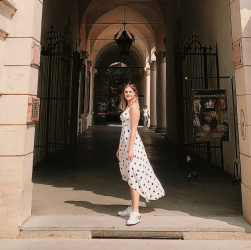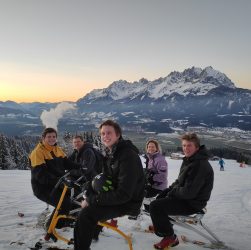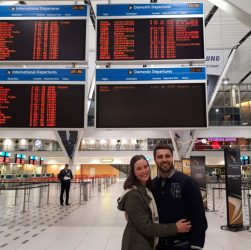Pre-departure: The university I had chosen was called the University of Bologna. This is situated in Bologna, Italy. I needed …


Pre-departure: The university I had chosen was called the University of Bologna. This is situated in Bologna, Italy. I needed …

Pre-departure: Before I start, there is one thing that should be understood by anyone thinking about going on exchange…you’re going …

Pre-departure: Going abroad can be very exciting but also overwhelming. However, preparation and planning can help reduce any uncertainties that …